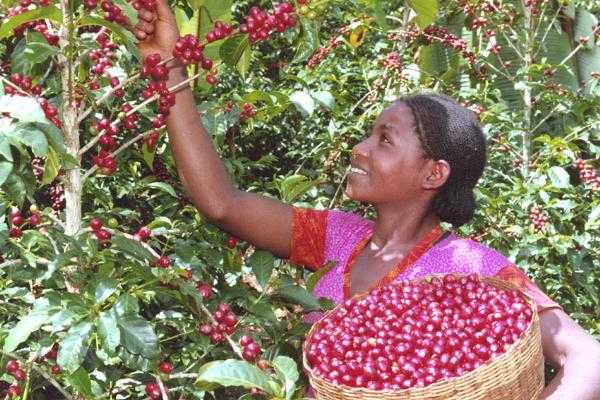Ethiopia has come up with new export reform to boost foreign exchange earnings from primary export commodities. The reform is set to introduce value addition and new marketing system, improve productivity and reduce transaction cost.
The country has been and still is highly dependent on primary agricultural exports for foreign exchange earnings. Despite having huge potential, absence of value addition and modern marketing system in coffee exports, among others, has forced the nation to lose large amount of foreign currency.
Ethiopia has planned to generate 13 billion USD by the end of the Second Growth and Transformation Plan (GTPII) from the export sector, Brihane Gidey, Education Relations and Information Supply Directorate Director at the Ethiopian Commodity Exchange Authority (ECEA) tells The Ethiopian Herald. The economy has also earned close to three billion USD during the last years of GTPI.
Coffee, the major export commodity of the country, is expected to generate 2.2 billion USD by the end of GTPII.
But this could be difficult to achieve because of some existing challenges.
According to Brihane, the nation has been losing 40 per cent of coffee export revenue because of huge marketing or transaction costs. This is due to the fact that there were too many actors or brokers who involve in the transaction process. In addition, the coffee has to be stored in a store for twenty days before it is exported.
“When tere are many actors involved in the market, the farmers would not be able to reap the benefits of their hard work. And the only beneficiaries were the brokers, who do not add value to the transaction,” he says.
The other challenge was absence of traceability system. Even though both exporters and importers are well aware of the quality of Ethiopian coffee, they could not trace information about the overall production and marketing process, including where and by whom the coffee was produced. Hence, whenever quality problems occur, it would not be possible to trace those who are accountable.
He also notes that the export system used to restrict farmers or individuals from involving directly in export for they are required to have membership seats at Ethiopian Commodity Exchange (ECX).
He adds that during the previous trend, exchanges took place only between members who have seats at ECX. The transaction used to have two natures, as members play the role of both suppliers’ and exporters’ brokers.
But he also argues this system, which came about with the establishment of ECX was better than the previous one. Before ECX came into the picture, there was no organized system. Farmers used to supply their coffee for exporters through brokers and sometimes went back home empty handed receiving only fake cheque from the buyers.
Henok Tibebu
















